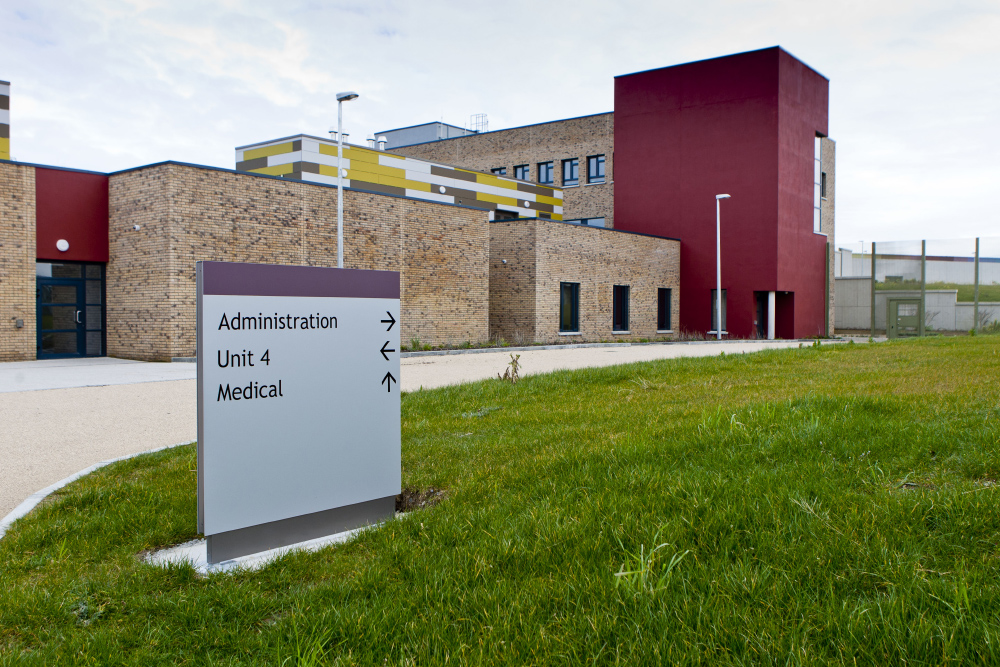Use of restrictive procedures at Oberstown remains ‘significant’

The use of restrictive procedures at Oberstown Children Detention Campus has been reduced but remains “significant”, inspectors have said.
The Health Information and Quality Authority (HIQA) has published an inspection report based on an unannounced inspection across three days last July.
The report states: “Restrictive procedures which involve high risk interventions such as physical restraint or the use of single separation are not uncommon in places of detention for young people, and their seriousness cannot be underestimated.
“This inspection found that while these procedures were in use, there was a concerted effort to reduce their number and duration. There was also a raised consciousness in staff to ensure the rights of young people who experienced restrictive procedures were promoted.”
Although there were “notable improvements”, inspectors said there were still shortcomings in the recording of incidents of restrictive practice.
The lack of detail within incident reports “did not ensure managers reviewing reports were notified of all incidents of physical intervention, and did not fully support gathering of accurate data for monitoring, oversight, analysis an trending”.
Overall, the inspection found that young people were well cared for on a daily basis, and they were able to describe a good standard of care to inspectors when, for example, they were physically restrained.
The watchdog said a satisfactory action plan was submitted by Oberstown Children Detention Campus to drive improvement.










